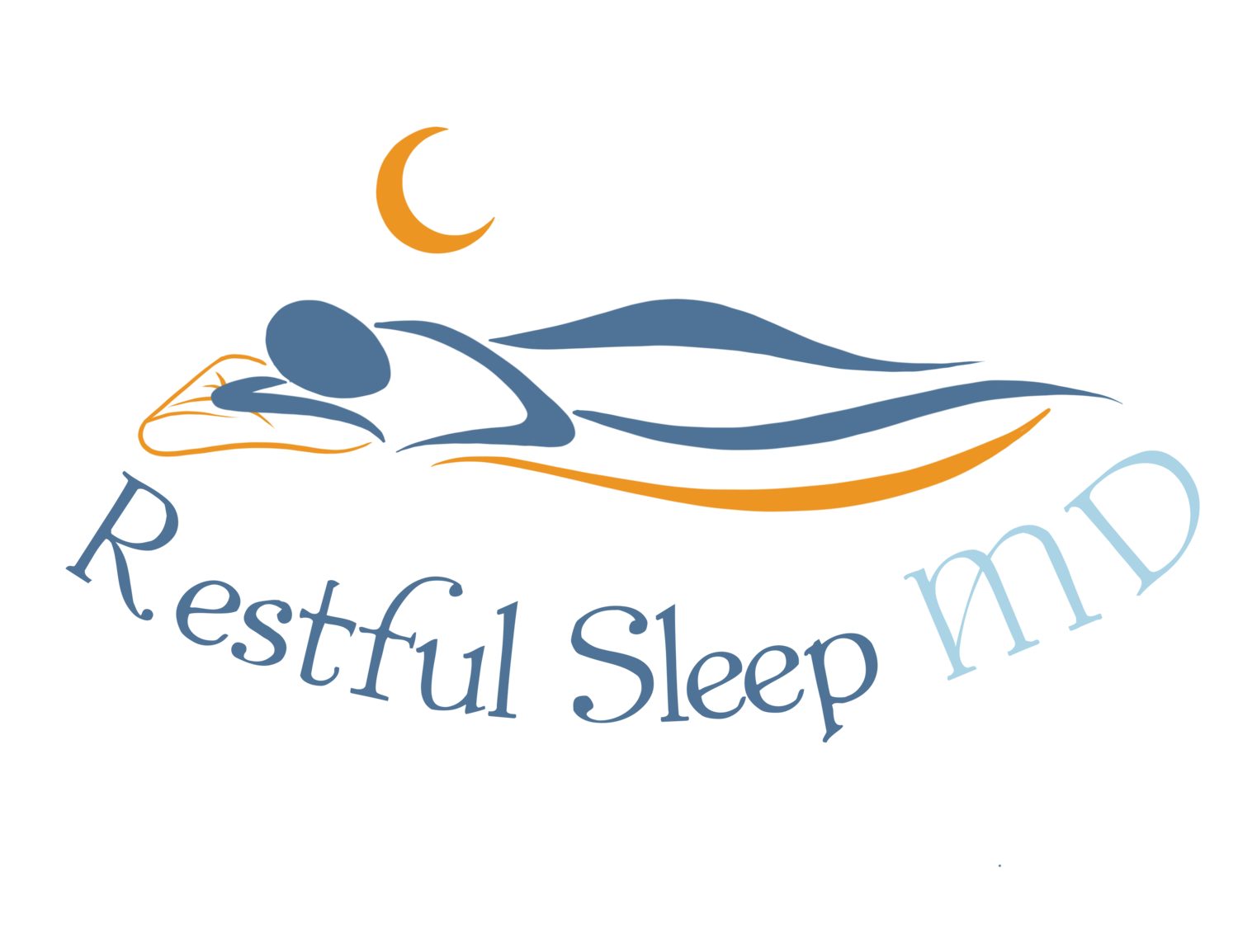Choosing the Best Sleeping Positions: Tips for Better Sleep
When it comes to getting a good night's sleep, one question we often hear is, "What's the best sleeping position for me?" At The Restful Sleep Place, we understand that there's no one-size-fits-all answer to this question. Your ideal sleep position depends on various factors, including your comfort, health conditions, and personal preferences. In this blog, we'll explore different sleeping positions and provide insights to help you make an informed choice.
Before Exploring Sleep Positions, Here are a Few Items to Consider.
1. Comfort is Key
First and foremost, your comfort is paramount. Choose a sleeping position that feels most natural and comfortable for you. After all, a restful sleep begins with feeling relaxed in your chosen position.
2. Consider Your Health
Your health plays a crucial role in determining your sleep position. If you have sleep apnea, acid reflux, or back or neck pain, it's essential to find a position that accommodates these conditions. Our expert team can provide guidance on the best position for your unique health needs.
3. Pregnancy and Sleep
Expecting mothers may need to adjust their sleeping position. Sleeping on your left side is often recommended during pregnancy as it enhances blood flow to the fetus. However, certain positions can exacerbate discomfort, so it's essential to consult with a healthcare provider for guidance.
4. Managing Sleep Apnea
For individuals with sleep apnea, specific sleeping positions can help prevent airway blockage during sleep. Our medical professionals can advise you on the optimal position to mitigate this condition's effects.
5. The Impact of Mattress and Pillow
Your mattress and pillow can significantly influence your sleep position. A firm mattress can support your back and alleviate pain, while a suitable pillow can provide neck and shoulder support. We'll help you understand how these elements contribute to your sleep quality.
Exploring Common Sleep Positions
Here are a few common sleep positions.
Back Sleeping: Sleeping on your back is generally considered the best position for spine health. It allows your neck, head, and spine to rest in a neutral position, reducing the risk of back and neck pain.
Side Sleeping: Side sleeping can benefit those who snore or experience acid reflux. It keeps the airways open and prevents stomach acid from flowing into the esophagus.
Stomach Sleeping: While stomach sleeping can strain the neck and spine, we'll share tips on making it more comfortable, such as placing a pillow under your hips to reduce lower back pressure.
Pillow Support: No matter your sleep position, using a supportive pillow is crucial for maintaining proper spinal alignment and minimizing pain. We'll guide you on selecting the right pillow for your needs.
Mattress Support: Your mattress also impacts your sleep quality. Learn how to choose a mattress that provides proper support for your spine and joints.
In the end, your sleep position is a personal choice. Aside from medical considerations, it's essential to experiment with different positions and pillow/mattress setups until you discover what works best for you. At The Restful Sleep Place, we're here to provide expert guidance and support in your journey toward better sleep.
Don't hesitate to reach out to us at The Restful Sleep Place to schedule a call and discuss your unique sleep concerns. We're dedicated to helping you achieve a restful and rejuvenating night's sleep.


